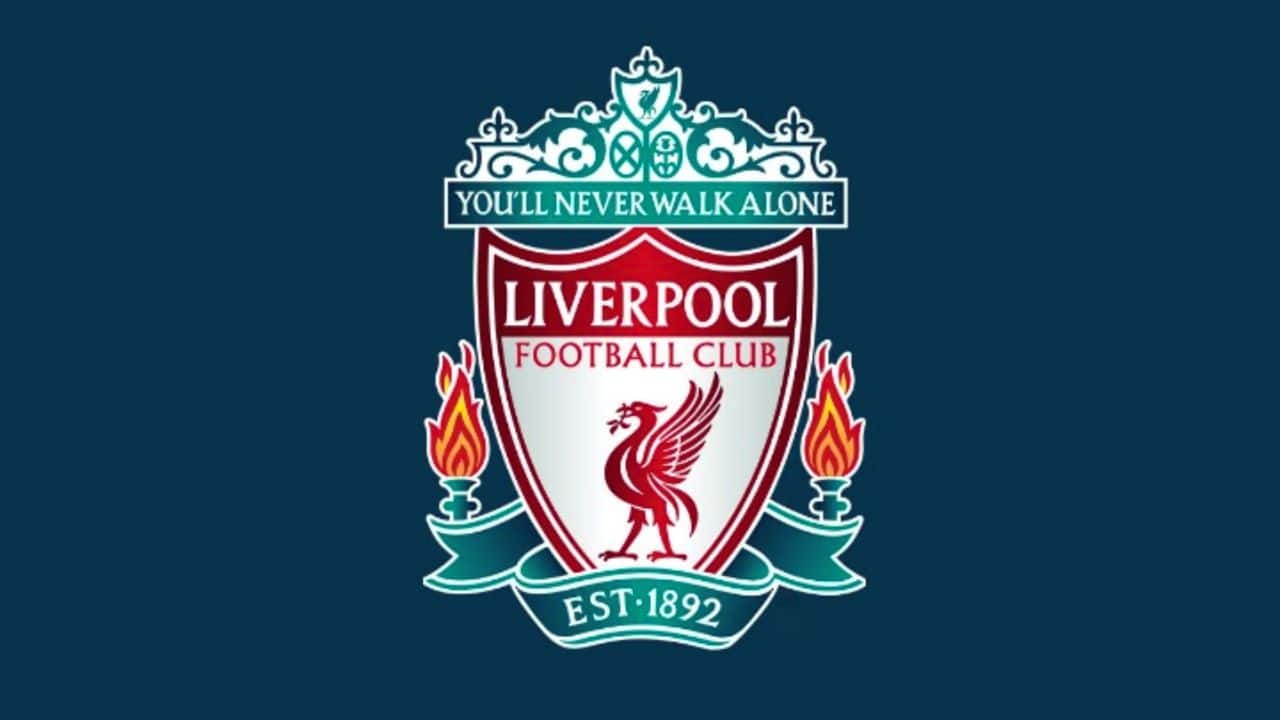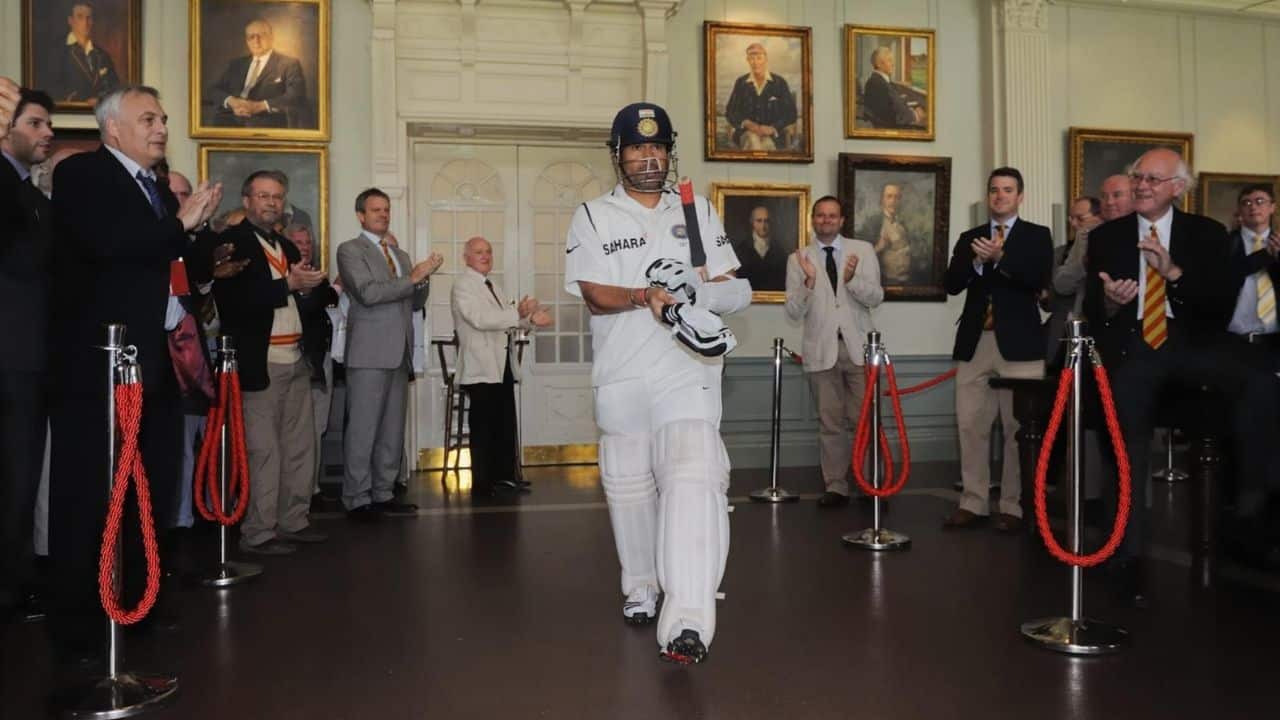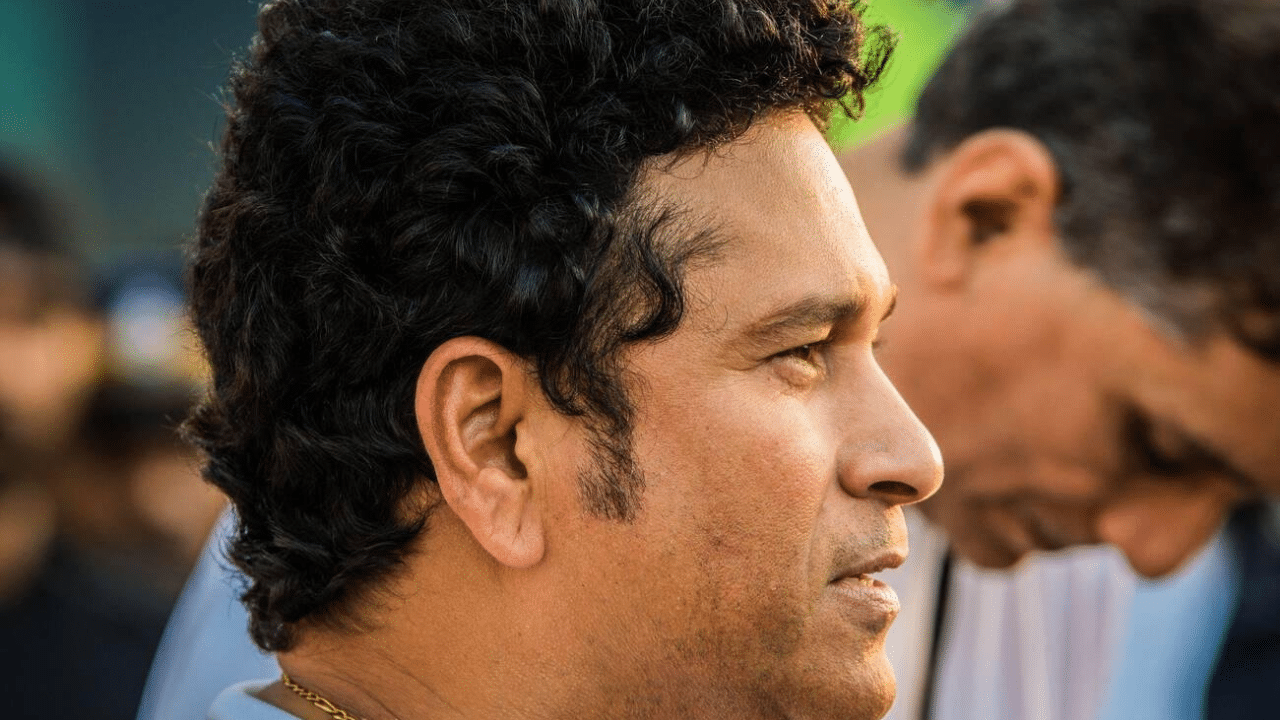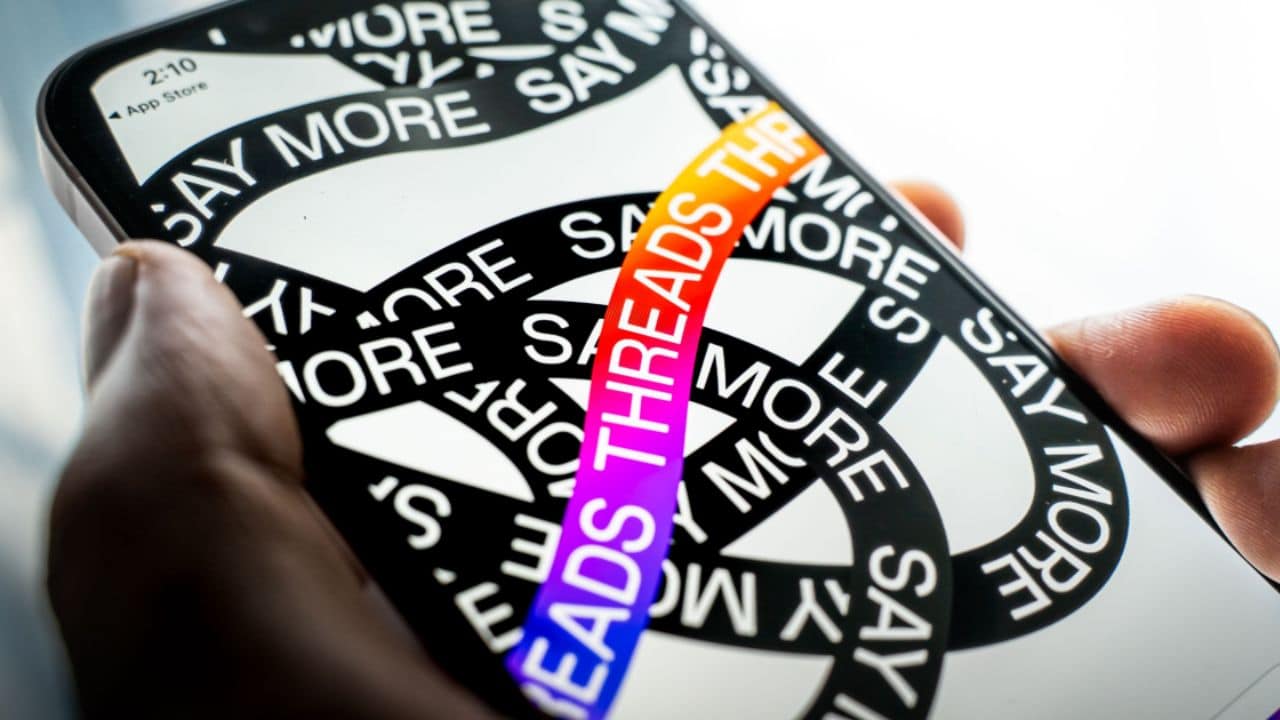Listen to Podcast:
Pelé, the Brazilian soccer legend who set a record by winning three World Cups, passed away on Thursday. Pelé was one of the most influential athletes of the 20th century. He was 82.
The representative of “the beautiful game” had been receiving colon cancer therapy since 2021. He had been hospitalized for several illnesses over the past month. His agent Joe Fraga was quoted in a media article confirming his death.
READ MORE: Family at hospital as Pele’s condition worsens
One of soccer’s all time greats, Pelé spent nearly two decades thrilling supporters and stunning rivals as the sport’s leading scorer for Brazilian club Santos and the Brazil national team.
#BREAKING Pele is dead: family pic.twitter.com/NbiqsQs3ni
— AFP News Agency (@AFP) December 29, 2022
Players and spectators were mesmerized by his grace, athleticism, and captivating maneuvers. He orchestrated a quick, flowing style that transformed the game, personifying his nation’s grace on the field with a samba-like flair.
In a career that started on the streets of Sao Paulo state, where he would kick a sock filled with newspapers or rags, he led Brazil to the pinnacles of soccer and developed into a global ambassador for his sport.
Only the Diego Maradona, Lionel Messi, and Cristiano Ronaldo are listed with Pelé when discussing the all time greatest soccer players. There are various sources that show Pelé’s goal totals as ranging from 650 league games to 1,281, including other sets of games, and all senior matches, some against low-level competition.
Pele, real name Edson Arantes do Nascimento, joined Santos in 1956 and helped make the little coastal team one of football’s most recognizable brands.
One of the greatest players that football has ever seen ✨
He will be greatly missed 🙏#BBCFootball #Pele pic.twitter.com/Z1a2Mj3391
— BBC Sport (@BBCSport) December 29, 2022
At the 1958 World Cup in Sweden, the man who would come to be known as “The King” made his debut as the youngest player ever. He was only 17 years old. After contributing two goals to Brazil’s 5-2 triumph against the host nation in the championship game, he was carried off the field on the shoulders of his teammates.
For soccer fans everywhere, the picture of Pelé wearing a vivid yellow Brazil jersey with the No. 10 imprinted on the back will always be vivid. As well as his signature goal celebration, which consists of a hop and a right fist thrust above his head.
Pelé was the first Black national hero of contemporary Brazil, yet he seldom ever discussed racism in a society where the wealthy and powerful typically come from the white minority.
Pele won two Copa Libertadores, South America’s equivalent of the Champions League, as well as two Intercontinental Cups, an annual competition between the best clubs from Europe and South America.
He won three World Cups, the first as a 17-year-old in Sweden in 1958, the second in Chile four years later despite missing most of the tournament due to injury, and the third in Mexico in 1970, when he captained one of the finest teams ever to play the game.
He resigned from Santos in 1974, but a year later made an unexpected comeback by accepting a lucrative contract with the nascent North American Soccer League’s New York Cosmos.
During his illustrious 21-year career, he scored 1,283 goals.
Pele, on the other hand, transcended soccer like no other player before or after, and he became one of the twentieth century’s first global icons.
Pele has been designated “Athlete of the Century” by the International Olympic Committee, “Football Player of the Century” by FIFA, and a “national treasure” by the Brazilian government.











































